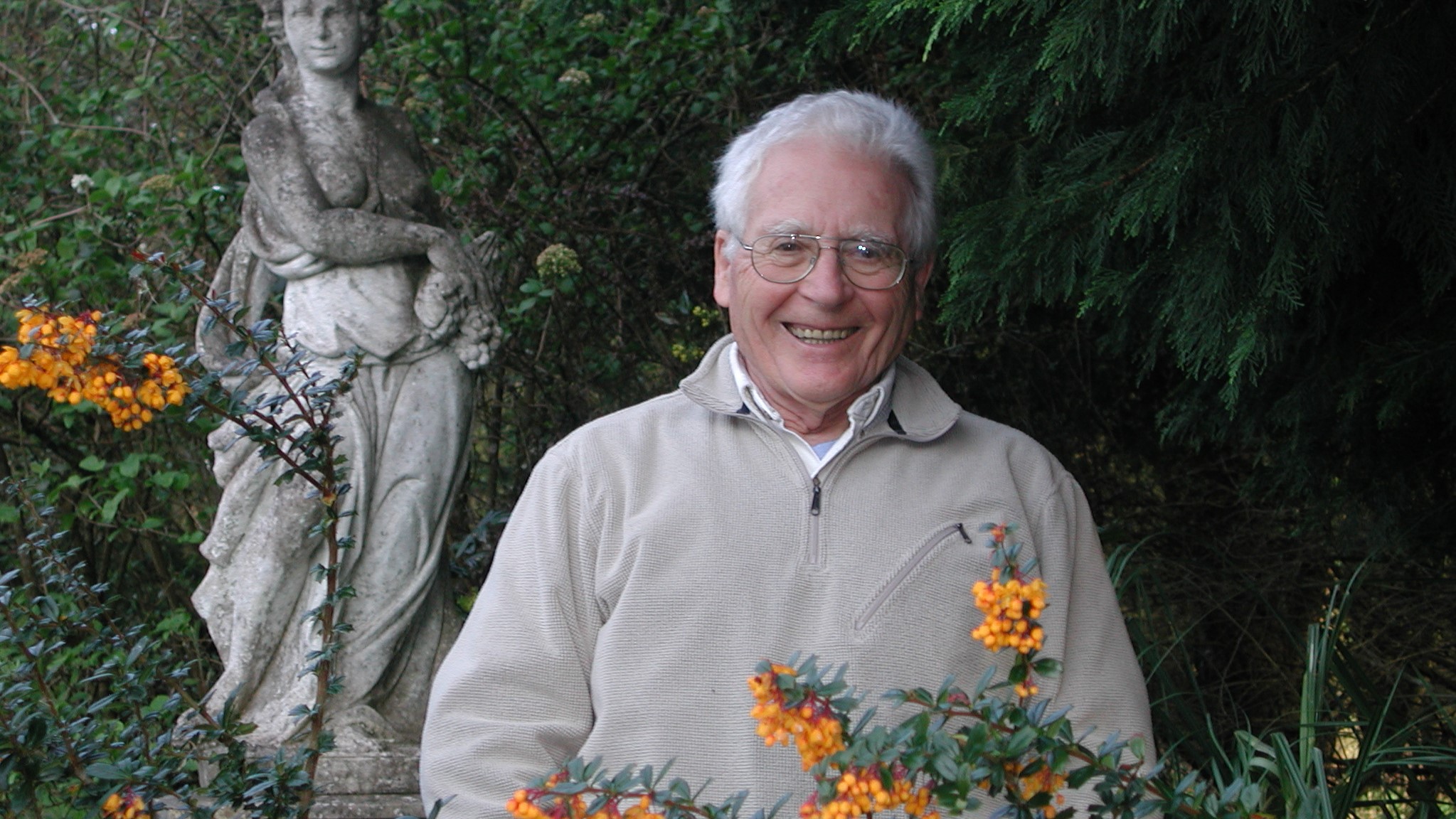While never particularly outspoken on sustainable finance, the late, great ‘prophet of doom’ James Lovelock spent decades changing the modern understanding of environmental science, which might also help shape our view of ESG.
Lovelock (pictured), who died last week at the age of 103, was most well-known for his ‘Gaia hypothesis’ which posits that living and non-living parts interact and co-adapt to mutually assure the earth’s survival.
While change occurs through natural selection, Lovelock suggested like other natural systems – such as bodies made up of cells – the earth is essentially a single complex organism shaped by trillions of parts that self-regulate unless a structural imbalance threatens the interplay of different systems.
Lovelock argued such an imbalance emerged following Thomas Newcomen’s invention of a coal-fired steam pump in 1712, allowing humans to unearth fossil fuels at a rate which powered the industrial revolution.
By inventing the electron capture detector in the late 1960s, Lovelock raised awareness of holes developing in the ozone layer created by manufactured chlorofluorocarbons (CFC). He later argued a positive feedback loop is intensifying, whereby warming oceans are eliminating phytoplankton – which are key in drawing down greenhouse gases – resulting in a stronger greenhouse effect.
Applying these ideas to finance, Lovelock might have concluded any form of ESG claiming to be sustainable would need to be as thorough as possible when capturing the fullest picture of the human impact on the earth.
This would begin with bond and equity issuers reporting based on double materiality, meaning they disclose on issues that are material to their impact on the environment, rather than just those relevant to enterprise value.
It would follow that any ESG methodology applying just single materiality would only be offering insight relevant to risk management and nothing on sustainability outside of the issuer itself.
While doomed to initially being an effort marred by a lack of data, Lovelock may also suggest applications of ‘E’ should be holistic and work towards a more substantive view on Scope 3 emissions. Beyond emissions, there should be consideration of ecological impacts created by activities such as deforestation.
Second, the ‘maverick’ scientist had some controversial views on the energy pathway needed to reduce greenhouse gas emissions.
While unequivocal that burning hydrocarbons releases greenhouse gases, Lovelock spent most of his life suspicious of the role renewable energies could play in a scalable energy transition.
Expressing a change of heart in a 2020 Guardian interview, he said: “It is beginning to look as if renewable energy – wind and solar – if properly used, may be the answer to the energy problems of humanity.”
More contentious was his membership in Environmentalists for Nuclear Energy and support of natural gas as a transition energy.
In 2004, he said: “Civilisation is in imminent danger and has to use nuclear – the one safe, available, energy source – now or suffer the pain soon to be inflicted by our outraged planet.”
While the European Parliament recently resisted fierce opposition and voted to include nuclear and gas in its taxonomy of sustainable activities, nuclear is still excluded from most ESG benchmarks as standard, something Lovelock would strongly oppose.
Finally, after conducting much of his work independently and being shunned by parts of the scientific community, he believed environmental science as with all science is only based on the best knowledge available at the time.
In 2014 he told the Toronto Sun: “One thing that being a scientist has taught me is that you can never be certain about anything. You never know the truth. You can only approach it and hope to get a bit nearer to it each time.”
Former head of sustainable investment at HSBC Asset Management Stuart Kirk made a similar observation about sustainable investing upon his resignation from the firm.
“Investing is hard. So is saving our planet. Opinions on both differ. But humanity’s best chance of success is open and honest debate,” Kirk said. “If companies believe in diversity and speaking up, they need to walk the talk. A cancel culture destroys wealth and progress.”
To describe ESG as a work in progress would be a gross understatement. Maximising its potential will require no short measure of ideas – good and bad – and harsh honesty along the way.
Related articles



